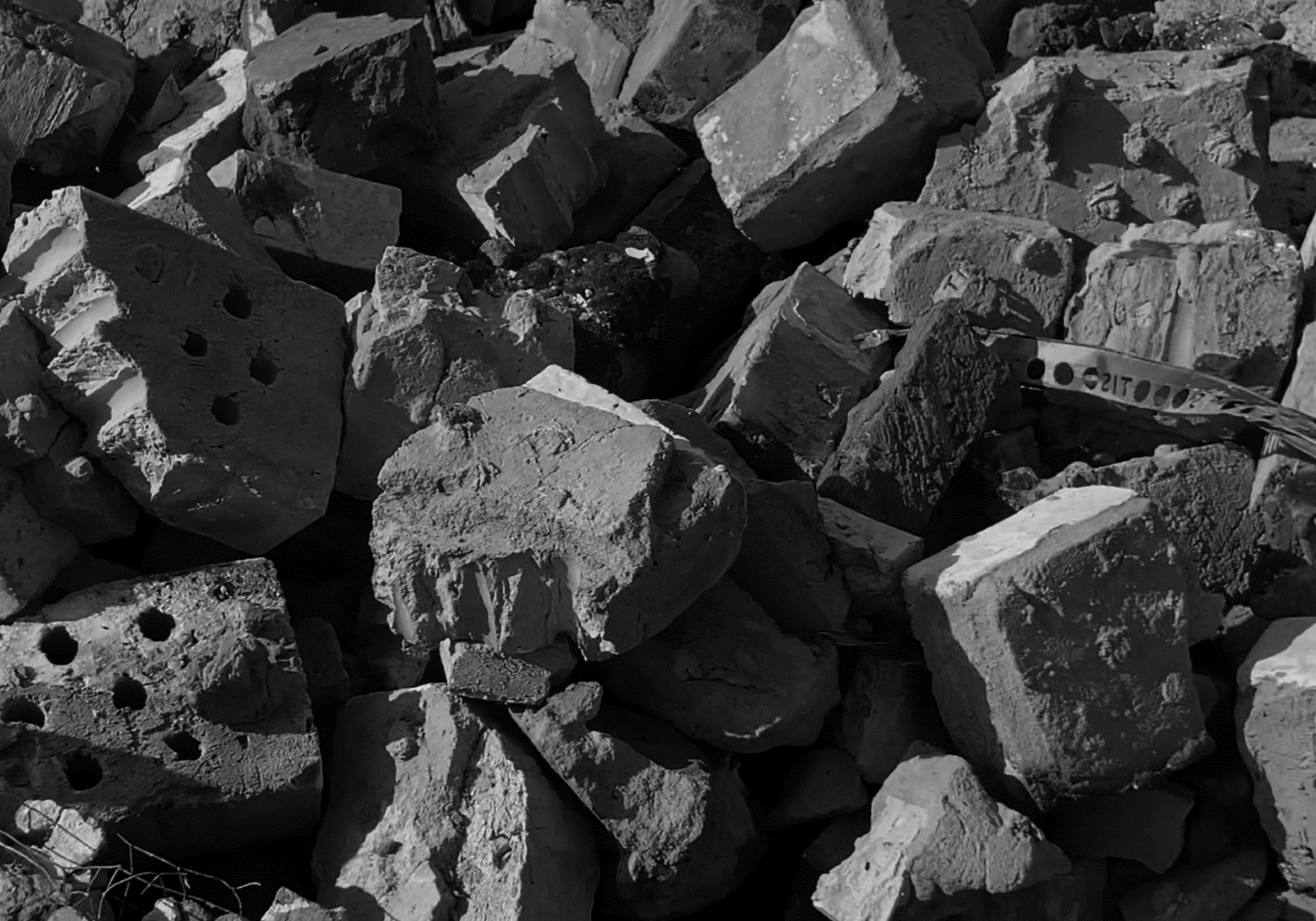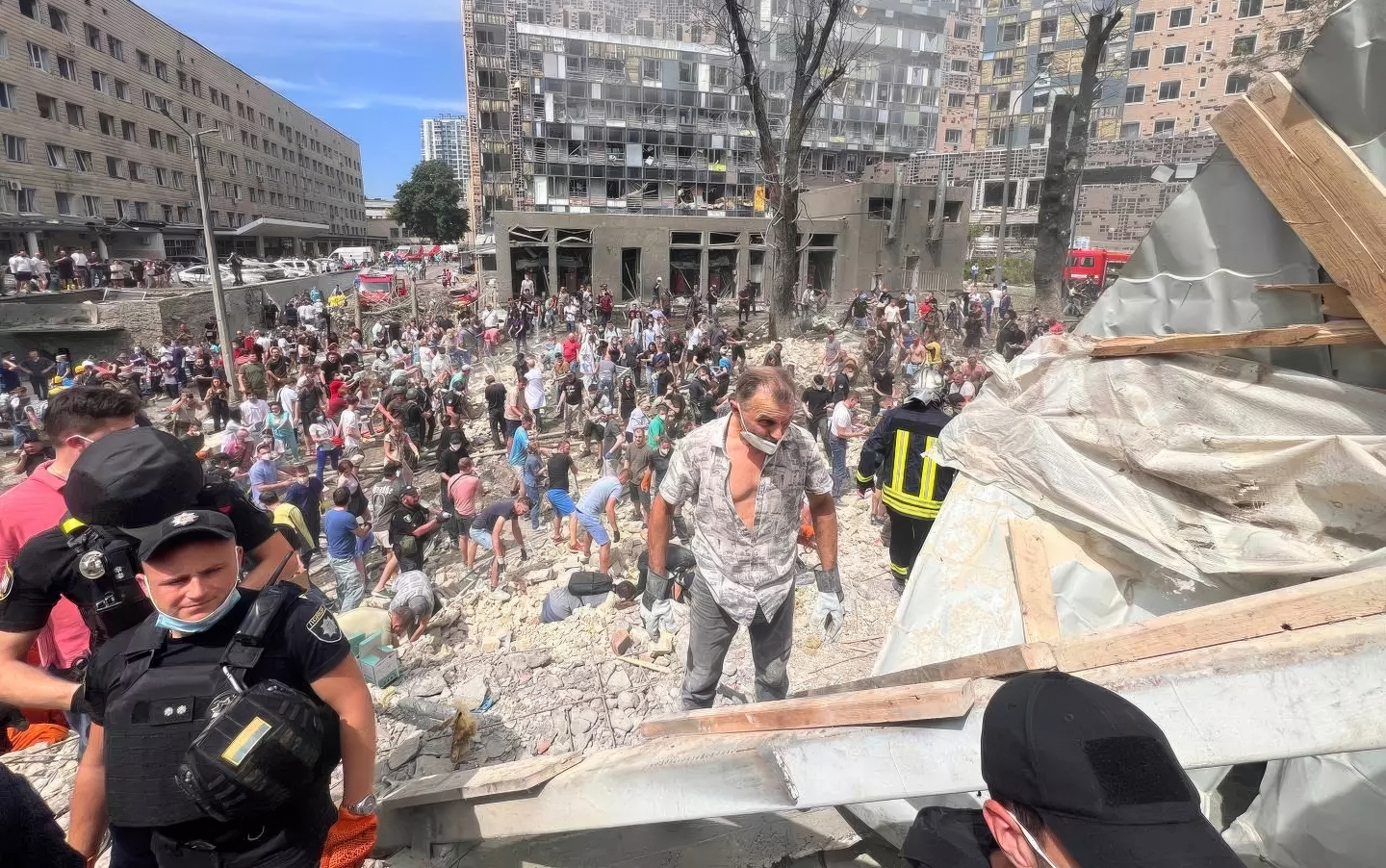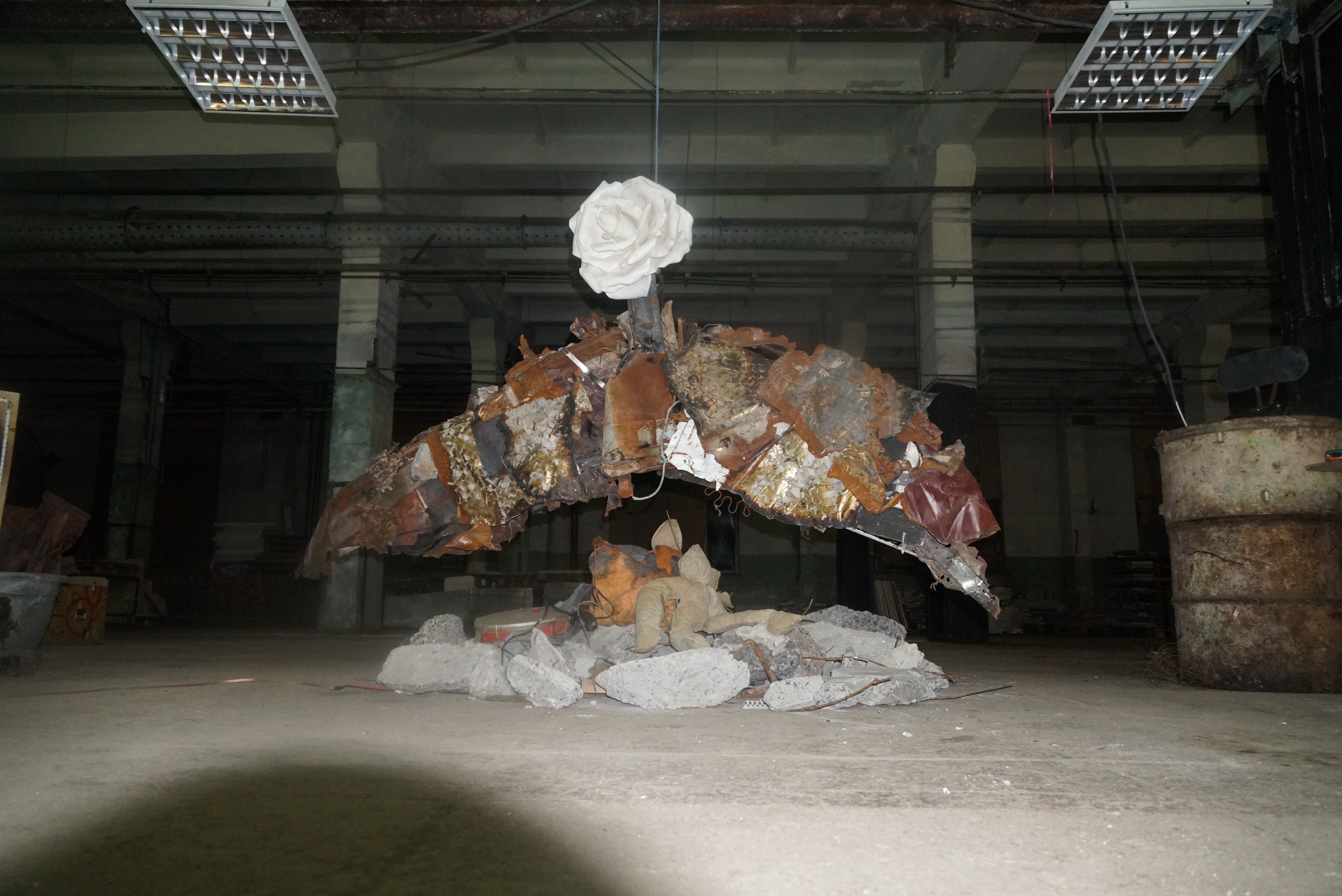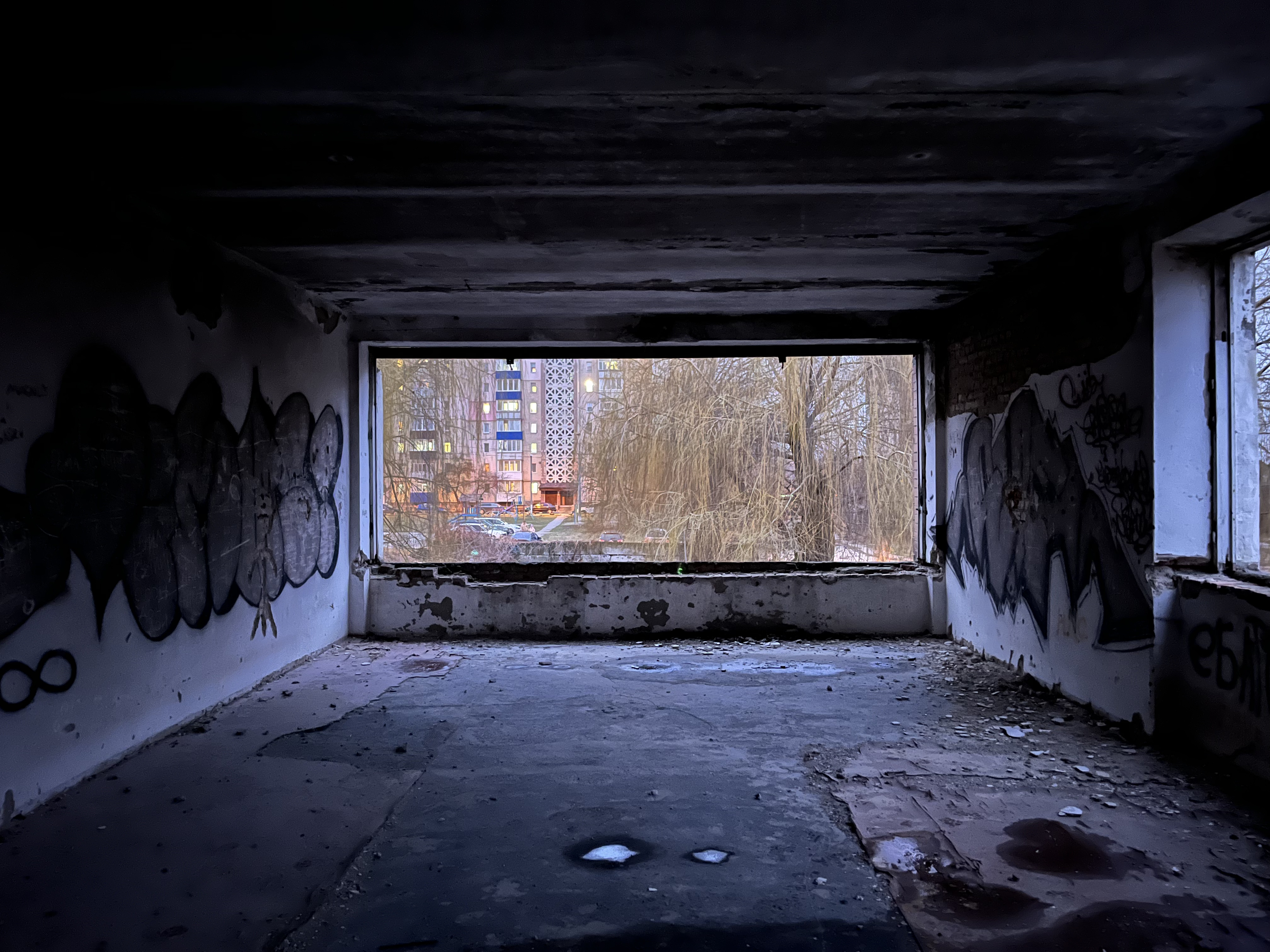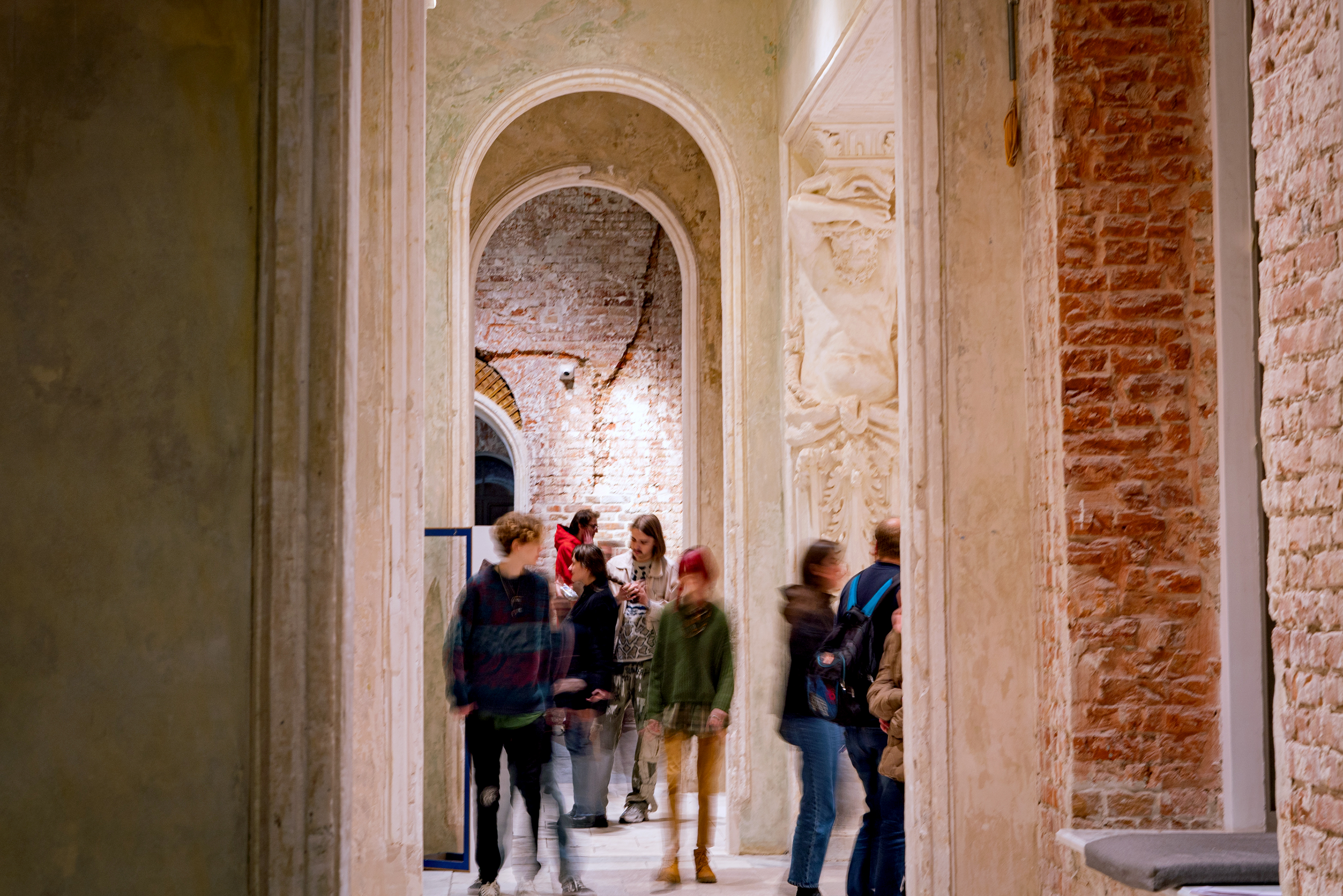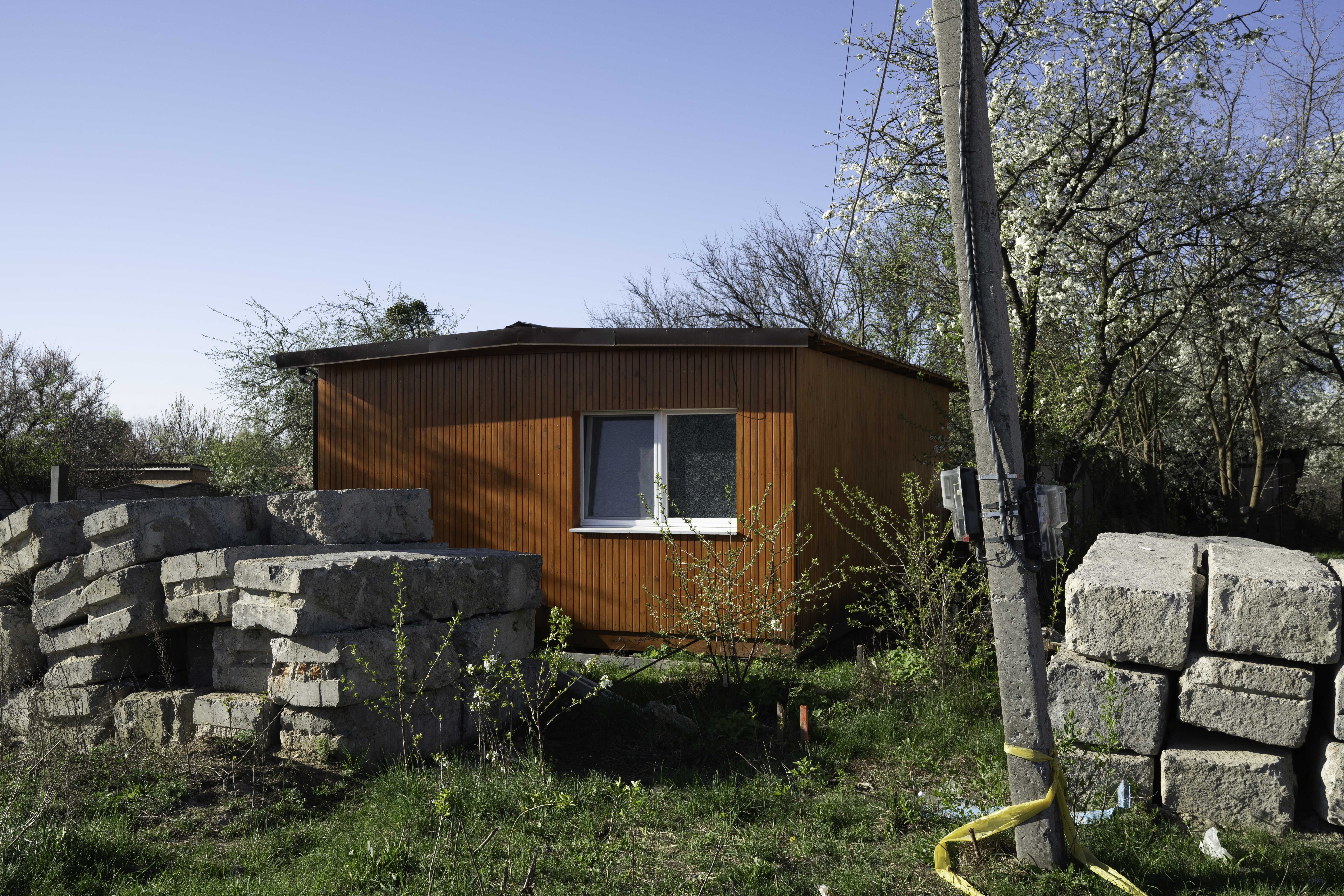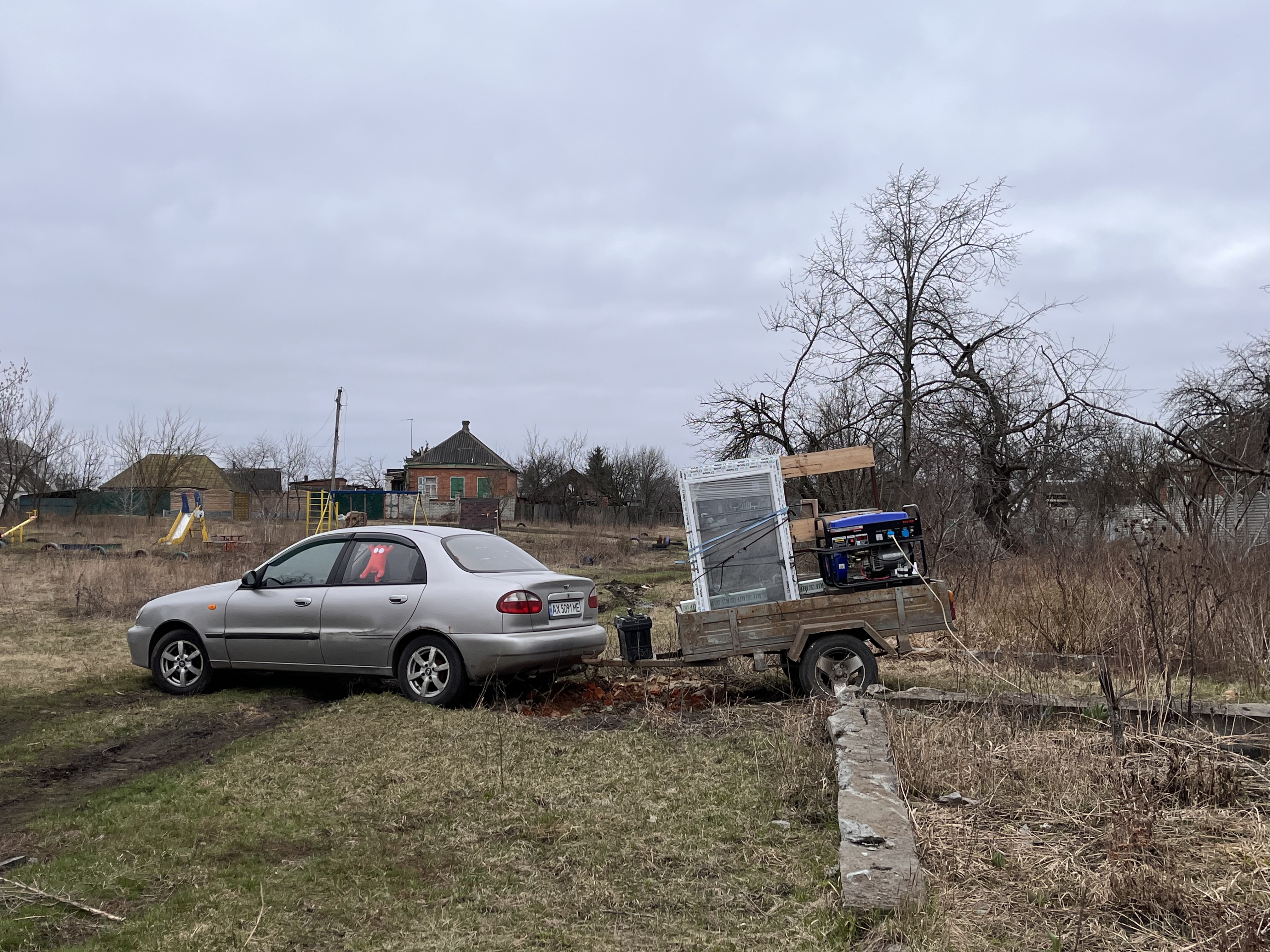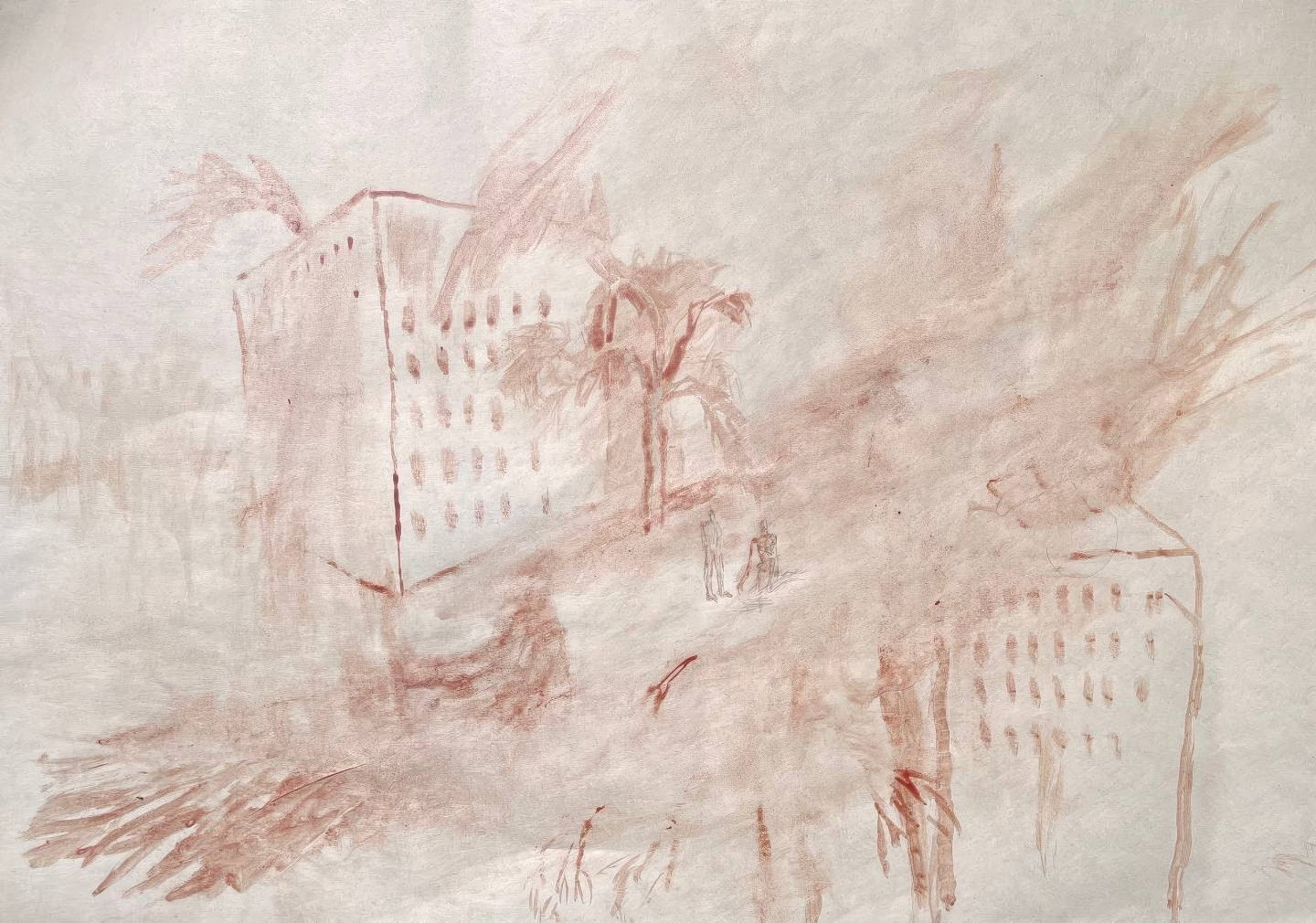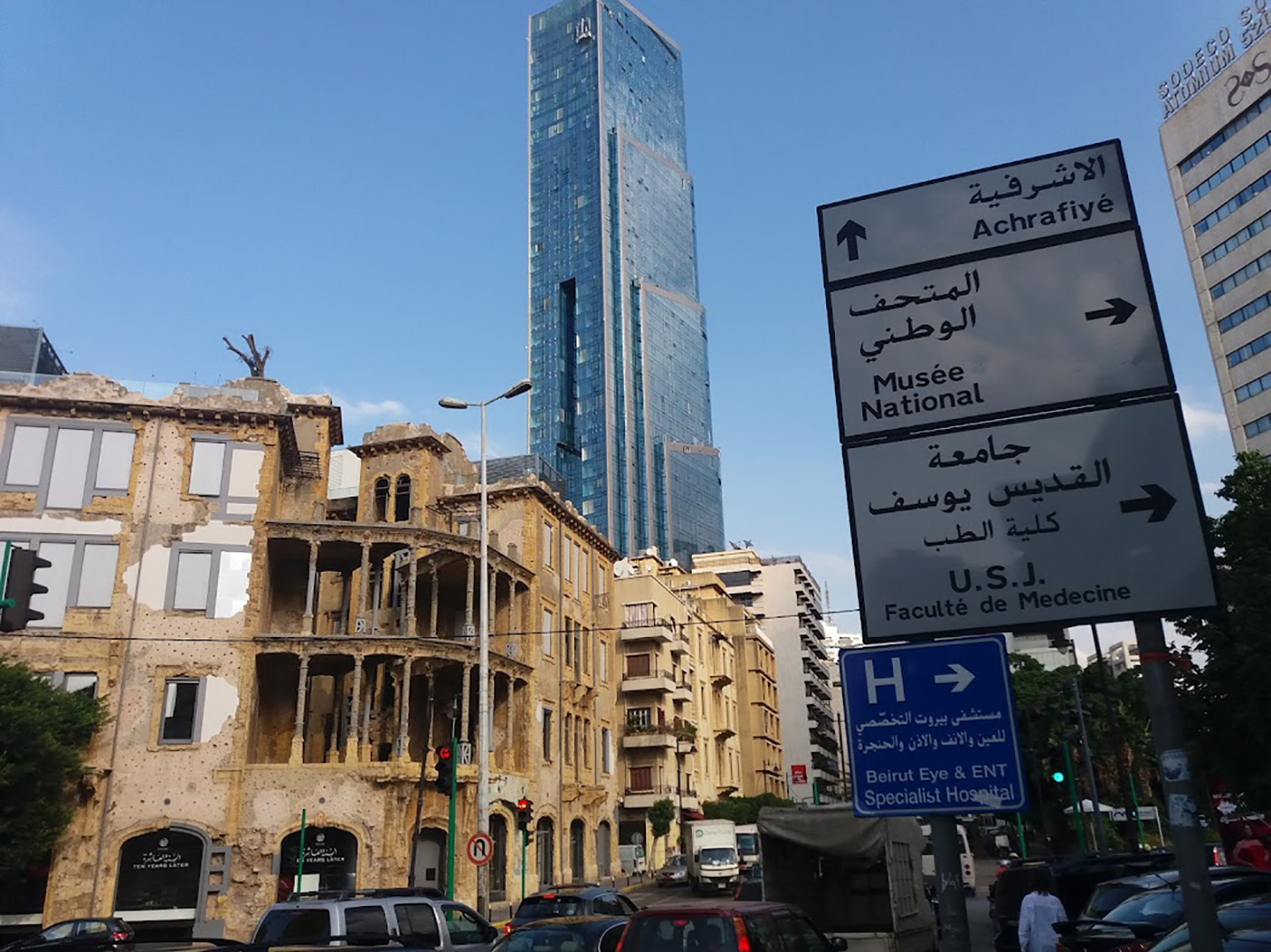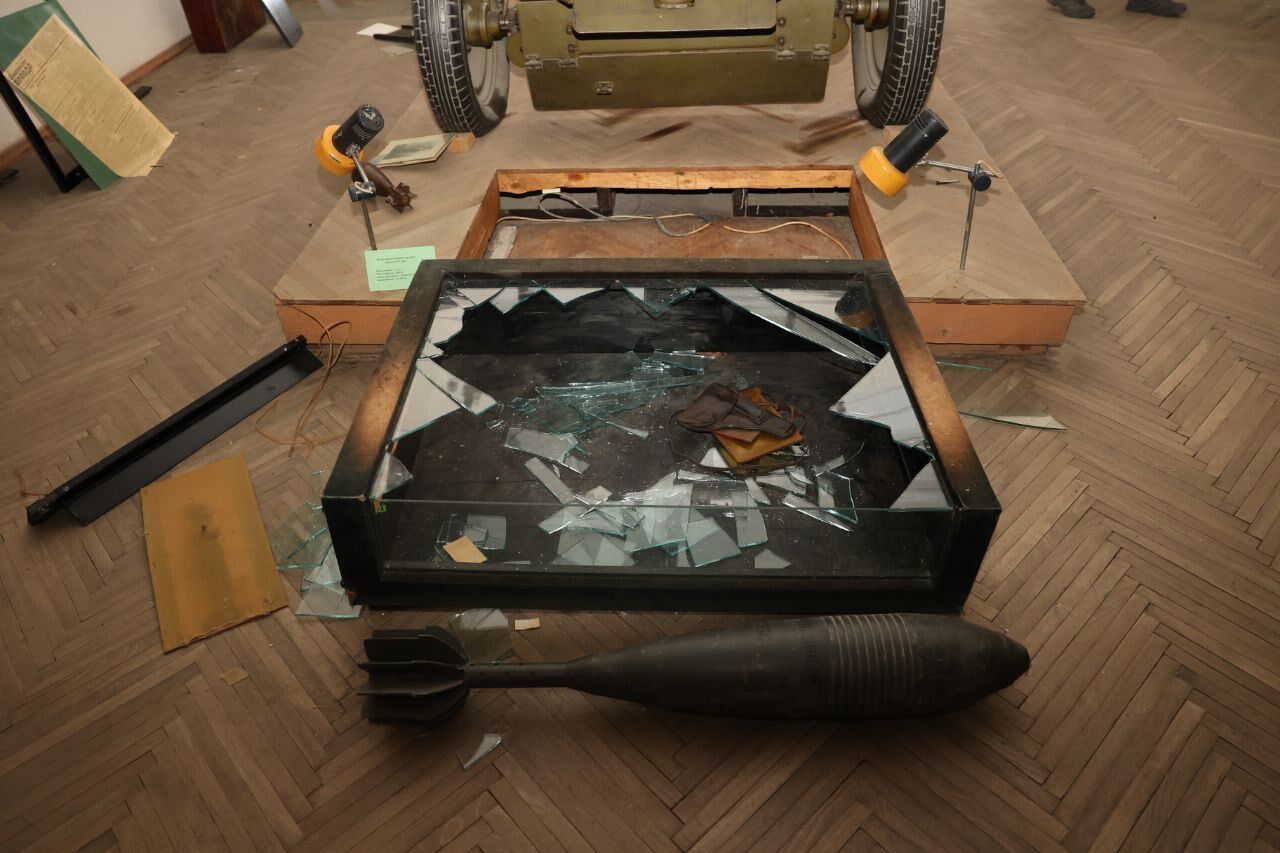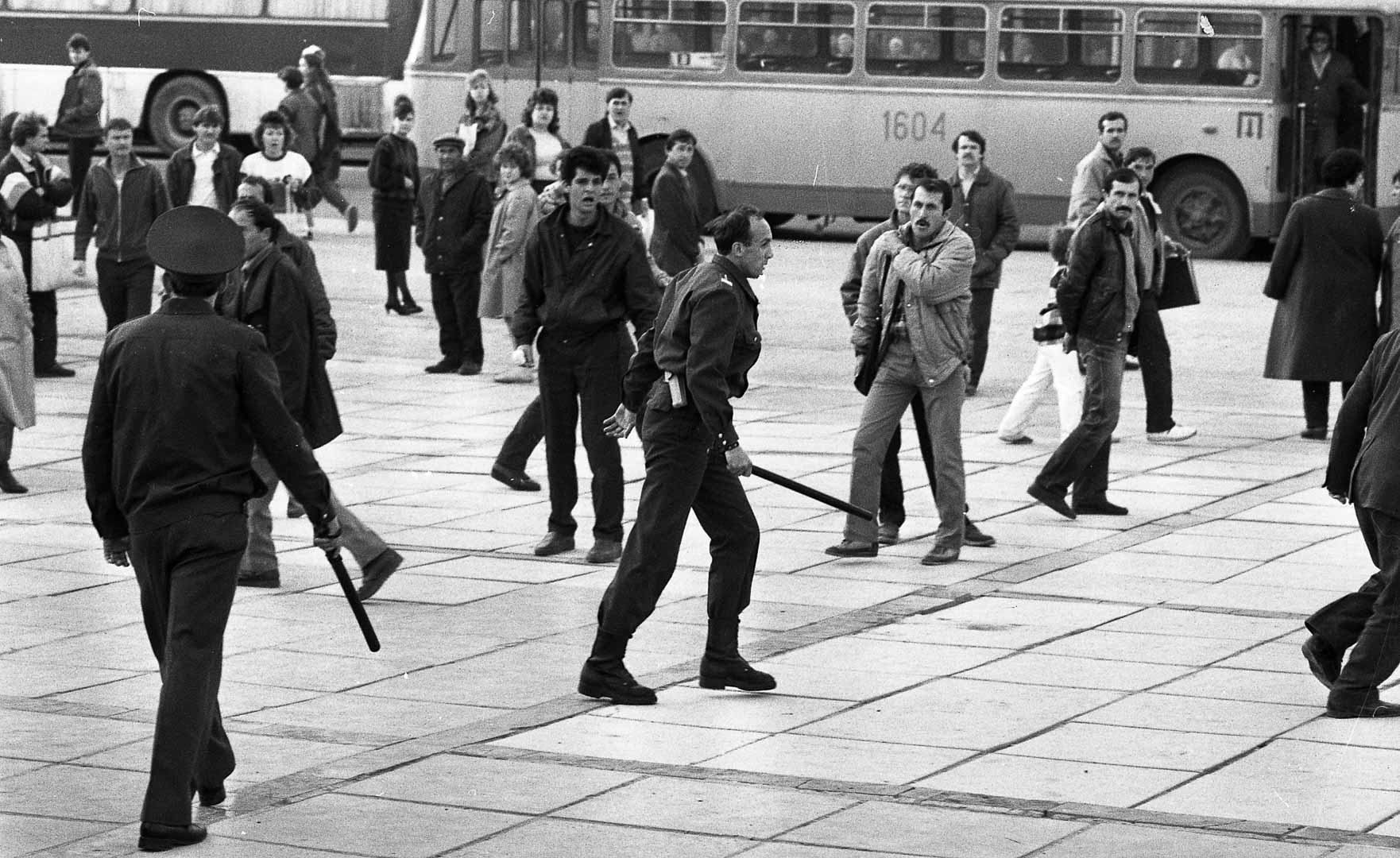Category
Subject
Reconstruction is a project by e-flux Architecture drawing from and elaborating on Ukrainian Hardcore: Learning from the Grassroots, the eighth annual Construction festival held in the Dnipro Center for Contemporary Culture on November 10–12, 2023 (2024), and “The Reconstruction of Ukraine: Ruination, Representation, Solidarity,” a symposium held on September 9–11, 2022 organized by Sofia Dyak, Marta Kuzma, and Michał Murawski, which brought together the Center for Urban History, Lviv; Center for Urban Studies, Kyiv; Kyiv National University of Construction and Architecture; Re-Start Ukraine; University College London; Urban Forms Center, Kharkiv; Yale University; and Visual Culture Research Center, Kyiv (2023).
- Yuliya Yurchenko Weaving Future Statehood
- Beauty Studio Water, Air, Earth, Obstacle?
- Tania Pashynska and Yuliia Holiuk On the Road
- Kateryna Rusetska and Andrii Palash A Center De-Centered
- Sofia Pinedo-Padoch Building for the Medium Term
- Ada Wordsworth and Kseniia Kalmus Piece by Piece
- Michał Murawski and e-flux Architecture Editorial: Hardcore Diaries
- Joanna Kusiak, Oleksandr Kravchuk, Simon Johnson and Denise Ferreira da Silva Restitutions: A Roundtable
- Gruia Bădescu Comparison and Its Discontents
- Polina Baitsym Non-Exigent Spaces
- Ammar Azzouz and Ievgeniia Gubkina Narratives of Destruction
- Oleksandr Anisimov Spatial Planning in the Face of Crisis
- Yuliya Yurchuk Resistance, Rebuilding, Resilience
- Luke Cooper, Joanna Kusiak, Oleksandr Kravchuk and Vladyslav Rashkovan Restitutions: Appropriation, Expropriation, Regulation
- Galyna Sukhomud The Pain of Ruins: On Urban Trauma and Collective Healing
- Kateryna Iakovlenko Flavors of Freedom: Rethinking the late 1980s and early 1990s
- Ievgeniia Gubkina The Right to Prosecute: On Russia’s War Crimes Against Ukrainian Cultural Heritage
- e-flux Architecture, Daša Anosova and Dan Jonas Roche Editorial
